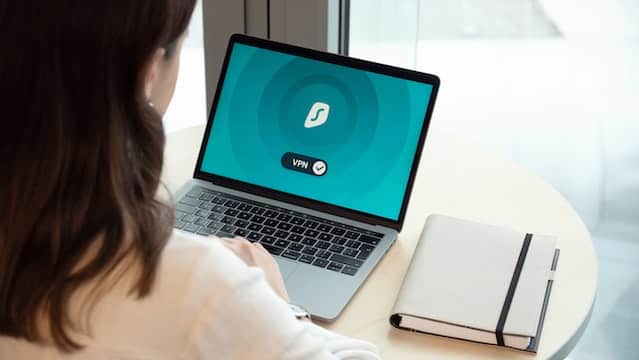At this time of year when we clean our homes, and occasionally find things that we forgot that we had, we can easily overlook our ‘digital assets’. As more and more of our lives are conducted online (such as on Facebook, Twitter, Youtube and other social media), and as more and more of our personal items (such as emails, photos, videos, letters, documents, music, client lists, financial records, bank accounts, bill-paying, etc.) are stored online (whether on the cloud, Dropbox or in online based emails), access to such information becomes more and more crucial. These are digital assets.
Do you know all of the sites to which you have access?
Do you know all of your passwords? Do you have a list?
Does someone else know where to find that list?
Do you want someone else to know all of the sites to which you have access?
Do you want someone else to be able to access the history in your internet browser to see which sites you have visited?
While much attention has been placed on how to protect our online information from others, less thought has been given to who should have access to such information if we are unable to access it ourselves (if we are incompetent, for example) or after we have passed away.
One of our goals in estate planning is to make it easy for our agent, guardian, heirs, or family, to “pick up where we left off” instead of starting long and tedious procedures that could take weeks or months.
An important step toward maintaining this goal is deciding whether to grant our trusted ones access to our digital assets, including to our passwords to online accounts.
One of the first elements of a comprehensive estate plan (planning ahead for incapacity and death) is preparing a complete list of your passwords, online accounts, and other digital assets—and keeping it up to date. This list helps trusted or loved ones and family members find your valuable and significant online accounts and digital property, keep administration costs down, provide for a smooth administration, and ensure no property is overlooked.
But admittedly, some of us may read this and decide that we do not want to grant unfettered access to all of our loved ones. Perhaps there are some accounts that we wish to have some view, but not others, out of concern for them and relationships that we feel are precious.
If we fail to make these choices ourselves, now, we will not have this choice later. If we fail to designate someone to have access, we will have no say in who gains access later.
The time to act is NOW.
I advise that you take action now to avoid:
– Exposing your loved or trusted ones to going through hoops with each site or internet provider, and other companies, each having their own policy;
– To avoid months of dormant accounts because no one could gain access to them;
– To avoid losing online financial assets due to no one taking over various accounts, because they lacked a password or other information; and
– To avoid identity theft which can result from deaths or incapacities publicized online.
Our Suggestions
- Prepare a complete list of your passwords, online accounts, and other digital assets—and keep it up to date.
Notify at least two trusted individuals of where the list is kept or stored. If the list is password protected, give the password to the trusted individuals.
If you have been storing valuable or significant data solely in online accounts (for example, your digital photos), we suggest that you occasionally back up that data to local storage media—to your computer’s hard drive, a USB flash drive, a CD, a DVD, etc.—so that your trusted ones and family members will have access to that data without the additional obstacles that online accounts have.
Decide whether you wish to update your durable Power of Attorney to add a section granting your agent powers to access, control, recover and use your digital assets and passwords.
Decide whether you wish to update your trust documents to add a section granting your trustee powers to access, control, recover and use your digital assets and passwords.
Please contact us if you would like to review your current plan or discuss any of the items suggested above.
